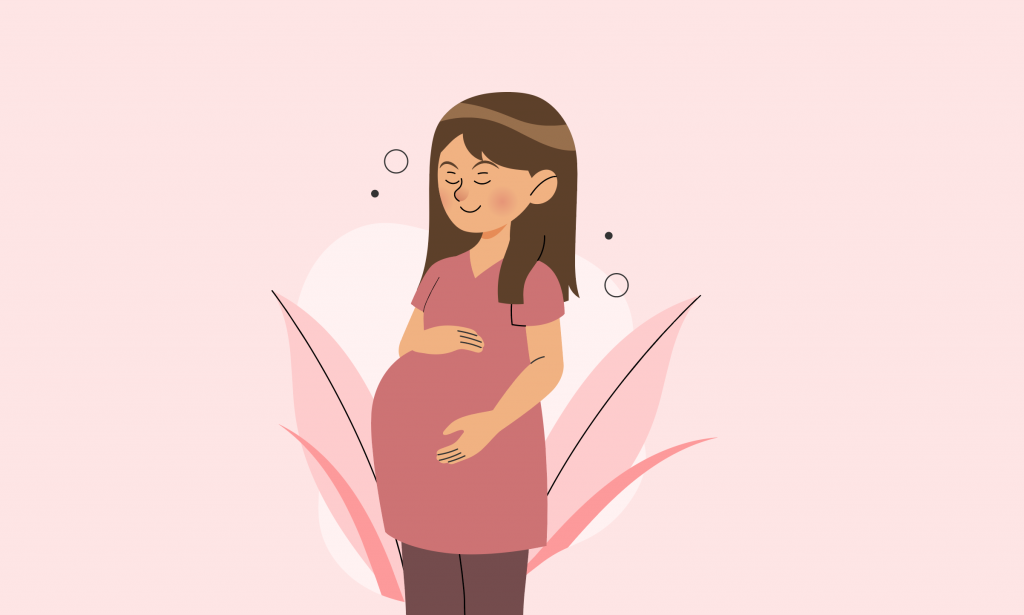I was 32 years old and in my first job after my Pain Fellowship. I was pregnant for the first time and didn’t have any pregnant friends to learn the ropes from – so it was all learning from books for me. I remembered that some people develop a type of high blood sugar during their pregnancy called Gestational Diabetes. From my rusty OB/Gyn textbook learning back in medical school, I thought most people who developed Gestational Diabetes during pregnancy already had risk factors for metabolic syndrome (overweight, sedentary, prediabetes, polycystic ovary syndrome, or family history of diabetes). I don’t have any of those risk factors.
So, I was mightily surprised when I, who exercised regularly her whole life, “failed” my 1-hour OGTT (oral glucose tolerance test) in my second semester of pregnancy. That is the test where they make you chug a disgusting sickly-sweet orange drink and then check your blood sugar an hour later. If it’s higher than 140 mg/dl, then you have to come back after fasting all night to have a 3-hour OGTT (oral glucose tolerance test).
Elevated blood sugar is not good for the fetus, so I was all-in on following my OB’s orders even though in the back of my mind I thought, “There must be some mistake or lab error!” I was not looking forward to “wasting” my day off from work sitting in the lab getting my blood drawn serially for several hours.
I showed up after fasting overnight, and had my blood drawn for a fasting glucose level. Then I had to drink another nasty sweet orange drink. They drew my blood from my poor little sore vein every hour for 3 hours. When 2 out of the 4 results were abnormal, I was officially diagnosed with Gestational Diabetes.
I was sent to meet with an endocrinologist who specializes in diabetes to learn what to do. She explained that the hormones of pregnancy can make some people insulin-resistant, and it usually goes away after they deliver their baby when their hormones return to the non-pregnant state. She referred me to a nutritionist who specializes in diabetes, and I was taught how to monitor my blood sugar with a finger prick device. She taught me how to eat like a diabetic and explained that if I was able to keep my blood sugar in the desired range, then I would be able to avoid taking insulin shots.
I was very motivated to avoid insulin shots, since I was worried about accidentally becoming too low in blood sugar as I was exercising regularly which also reduces blood sugar. I would check my fasting blood sugar every morning, and my post-prandial blood sugar 1 hour after each meal.
My nutritionist had me keep a food log and write down how many carb increments were in each meal. Each carb increment is 15g, and you can find this information on the label of the food or looking it up online. She taught me about the glycemic index of foods.
High glycemic foods will increase your blood sugar more than low glycemic foods. So you can eat a bigger quantity of low glycemic foods and maintain your blood sugar, but you have to limit your high glycemic foods to smaller measured amounts.
I was surprised to find that cheese pizza elevated my blood sugar past the allowed amount – turns out that pizza sauce and crust have sugar in them! Pretty much all cereal was out of the picture too except for a small amount of high-fiber cereal (fiber decreases the impact of carbs on your blood sugar). I had to pre-pack cut up low glycemic fruit (berries, apples) into small half-cup Tupperware containers. I learned I could eat as much green veggies as I wanted and not worry about blood sugar.
My endocrinologist educated me that I am at higher risk for developing diabetes at some point in my lifetime because I had gestational diabetes. I still use the information I learned about the glycemic index and carb increments when I choose my foods today. I find that I get food coma if I eat a large carb load unless I also have protein with it. For example, eating a stack of pancakes without a protein will make me very sleepy.
I avoid adding sugar to any drinks and try to keep sugar and processed carbs at the outer margins of my diet. I now only check my blood sugar once a year at my annual exam, and it has been normal – woohoo! Our cells require a certain amount of glucose (which you can get in fruits, some vegetables, and grains), but too much will cause inflammation, diabetes, and shorten our lives. Learning about how sugar and carbs affect your body and how you feel is useful for everyday life. Eating like a diabetic for a few months improved my knowledge and positively impacted my health by influencing my food choices years later.
Dr. Bren Boston, a board-certified physiatrist with a life-long interest in integrative wellness specializes in primary care, women’s health, sports medicine and pain management.








